Sentencing Credit Reform is Important for Better Individual Outcomes and Correctional System Improvement
HB94 was signed into law by Governor Pritzker in August of 2019 and is a significant step forward in our effort to reform Illinois’ counterproductive and inhumane overreliance on incarceration.
JHA led the charge to increase available sentencing credits for people who are incarcerated, including those incarcerated for serious offenses. This is an important step in order to improve outcomes and resource allocation within corrections by incentivizing productive activity and reducing costs associated with difficult behavior and longer lengths of stay. Giving credit towards a person’s sentence recognizes and encourages the rehabilitative efforts made by people who are incarcerated in Illinois.
HB94 was signed into law by Governor Pritzker in August of 2019 and is a significant step forward in our effort to reform Illinois’ counterproductive and inhumane overreliance on incarceration.
The driving principles behind Illinois House Bill 94 are to provide people who have been or will be in prison for long periods of time off their sentences in exchange for successful participation in meaningful, rehabilitative programs. Providing people with sentencing credits incentivizes them to better prepare for reentry into our communities and furthers the goal of better outcomes for people leaving prison by increasing opportunities for successful reintegration and reducing recidivism.
One of the primary purposes of prison is rehabilitation. Yet far too often, education, vocational and similar rehabilitation programs in Illinois are aimed primarily at “low level offenders.”
The truth is, the overwhelming majority of people in prison are deserving of a second chance, including those of whom are serving sentences for serious crimes. In fact, many people who are in prison for serious criminal offenses are the ones who are most in need of and benefit the most from educational and other rehabilitative programming. Prisoners serving terms of 30 years or more will be returning to a drastically different society, and participating in educational, vocational and similar programs will increase their chances of successfully reintegrating into their communities.
It is important that we recognize the importance of providing programming to everyone who is incarcerated. We all benefit when people are given a chance to engage in productive learning and growing opportunities. Credit for program participation incentives good behavior, provides recognition of effort that promotes social enfranchisement, improves safety inside of prisons, allows prisoners to better understand past mistakes and live differently upon release, and ultimately leads to better utilization of limited resources in corrections.
To determine eligibility for sentencing credits under HB94, download this checklist.

